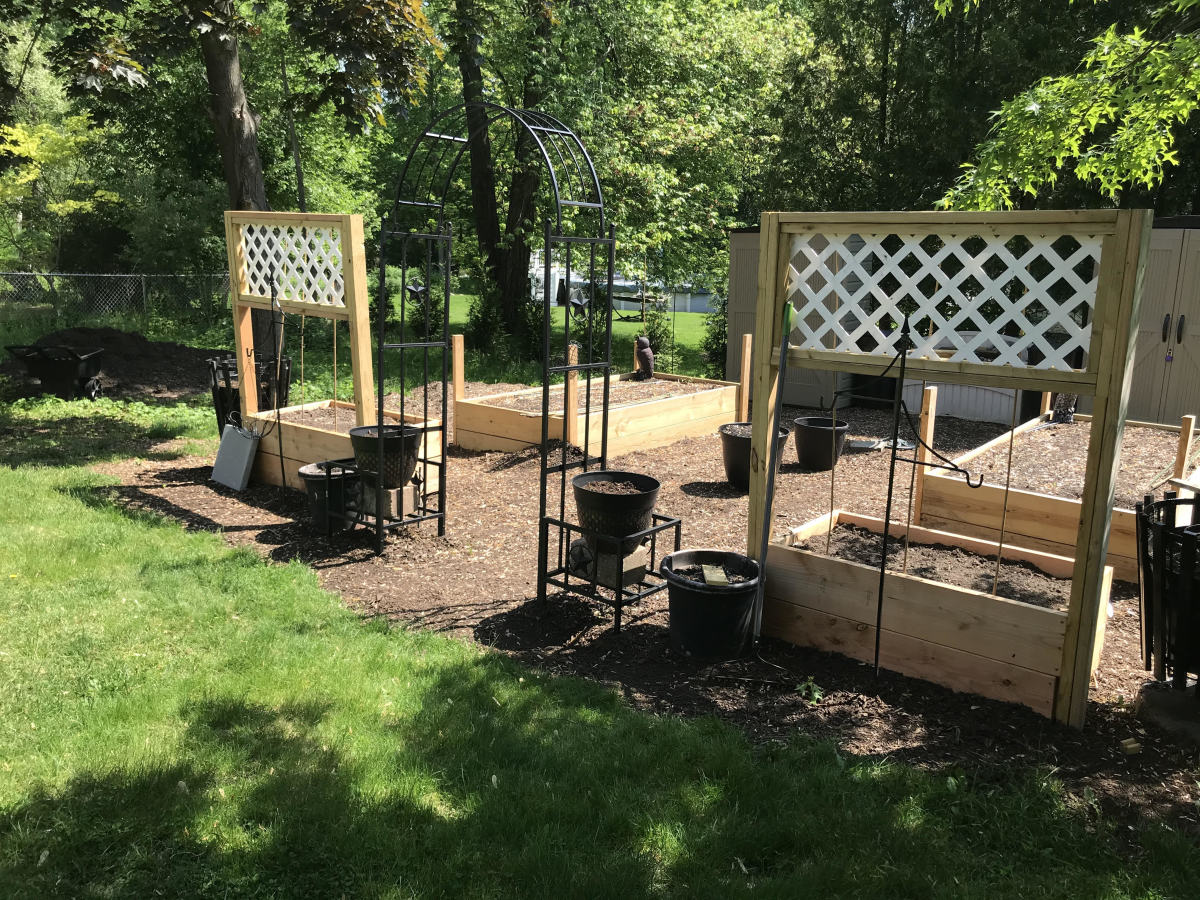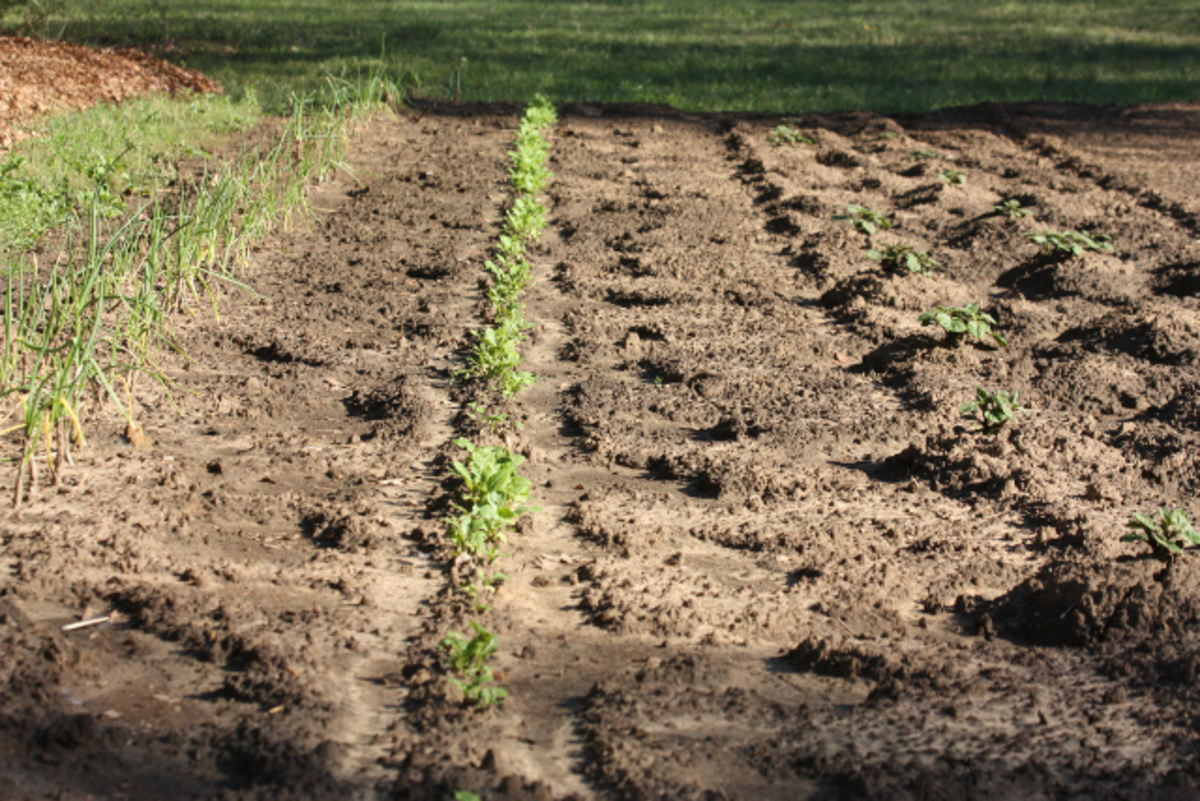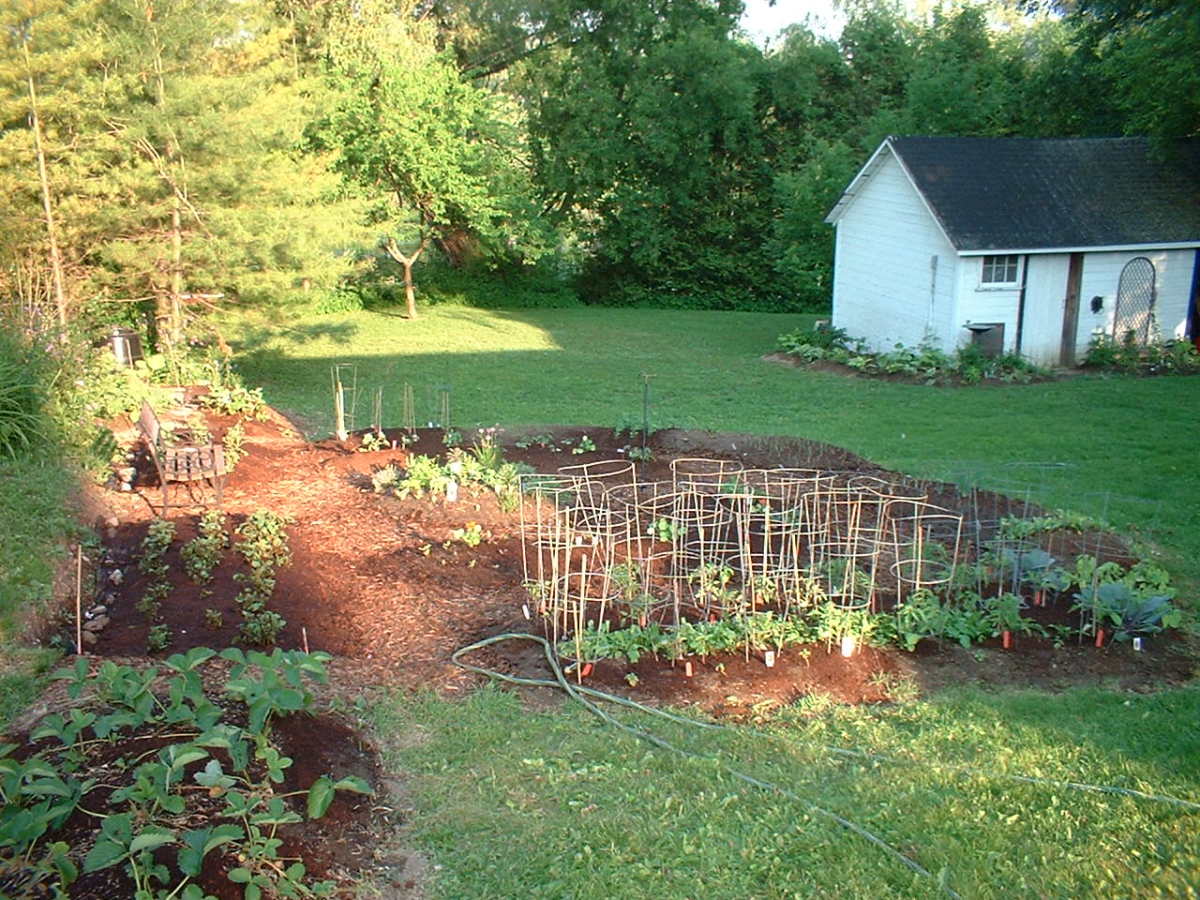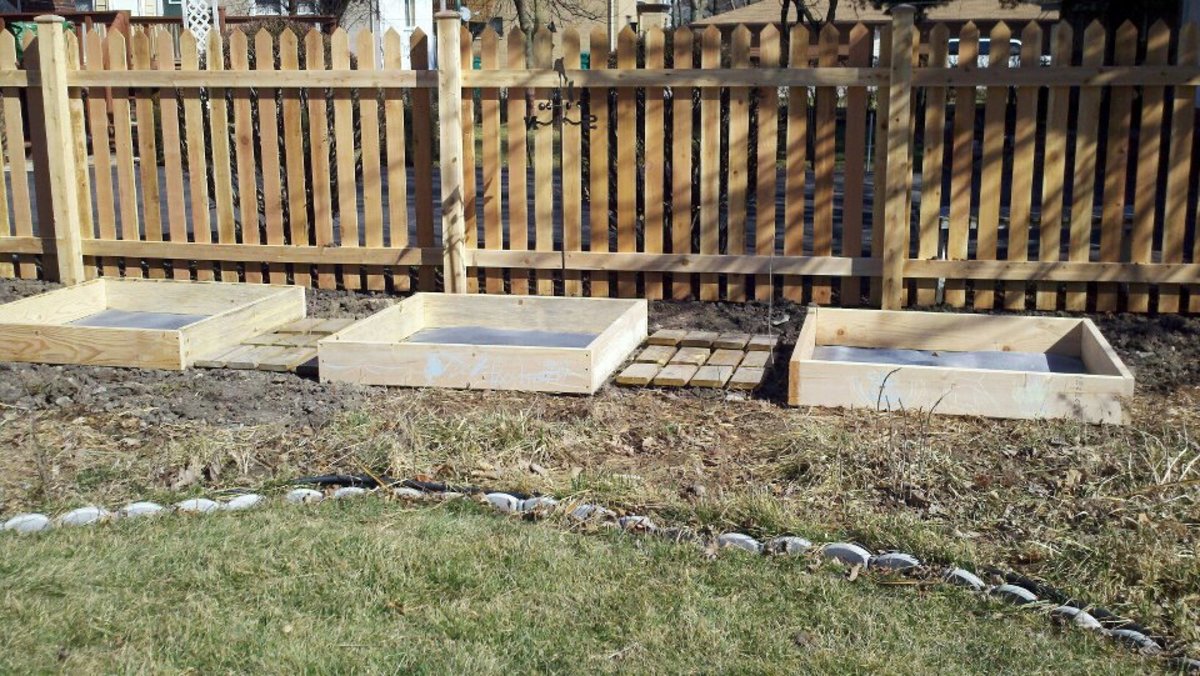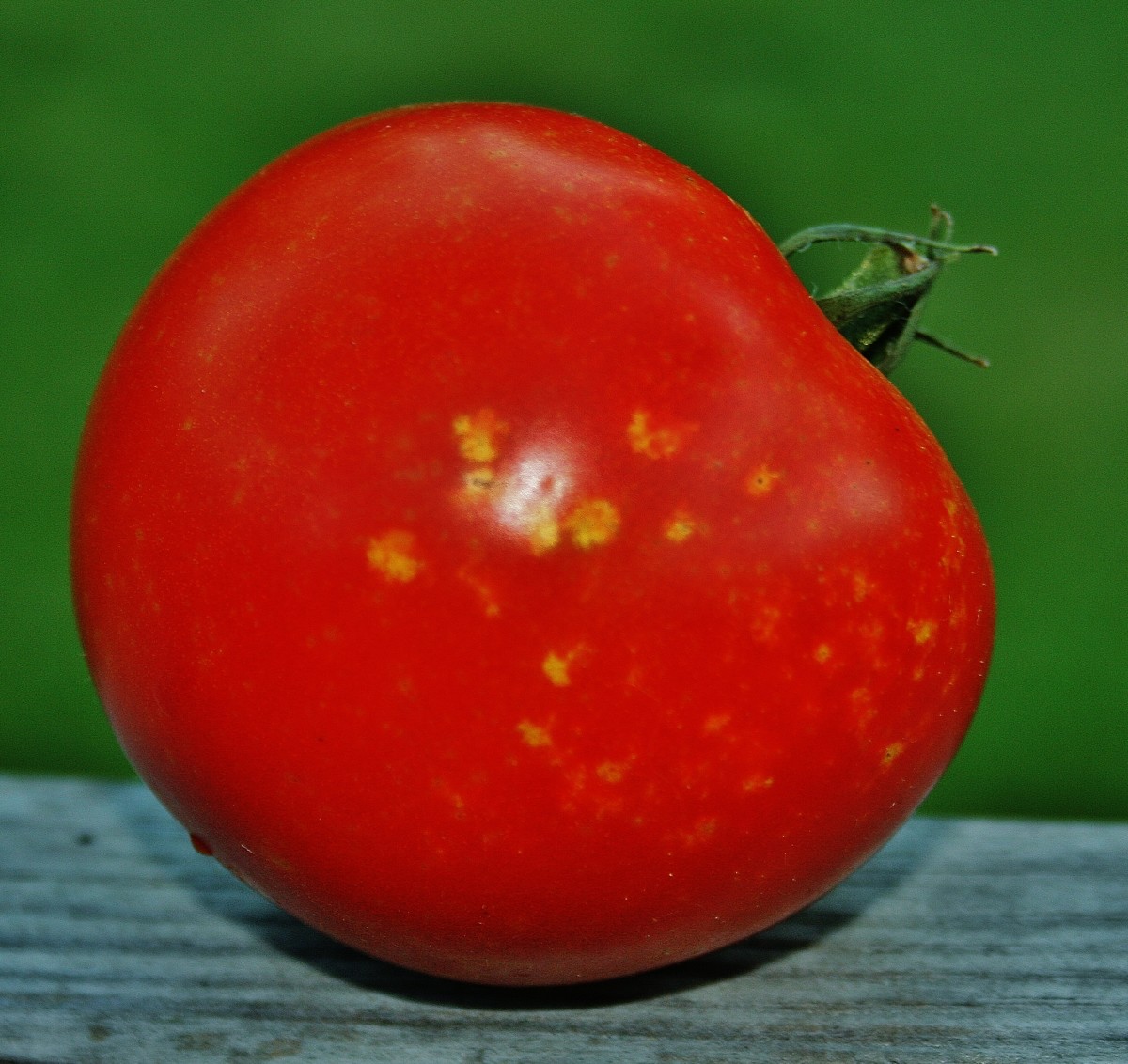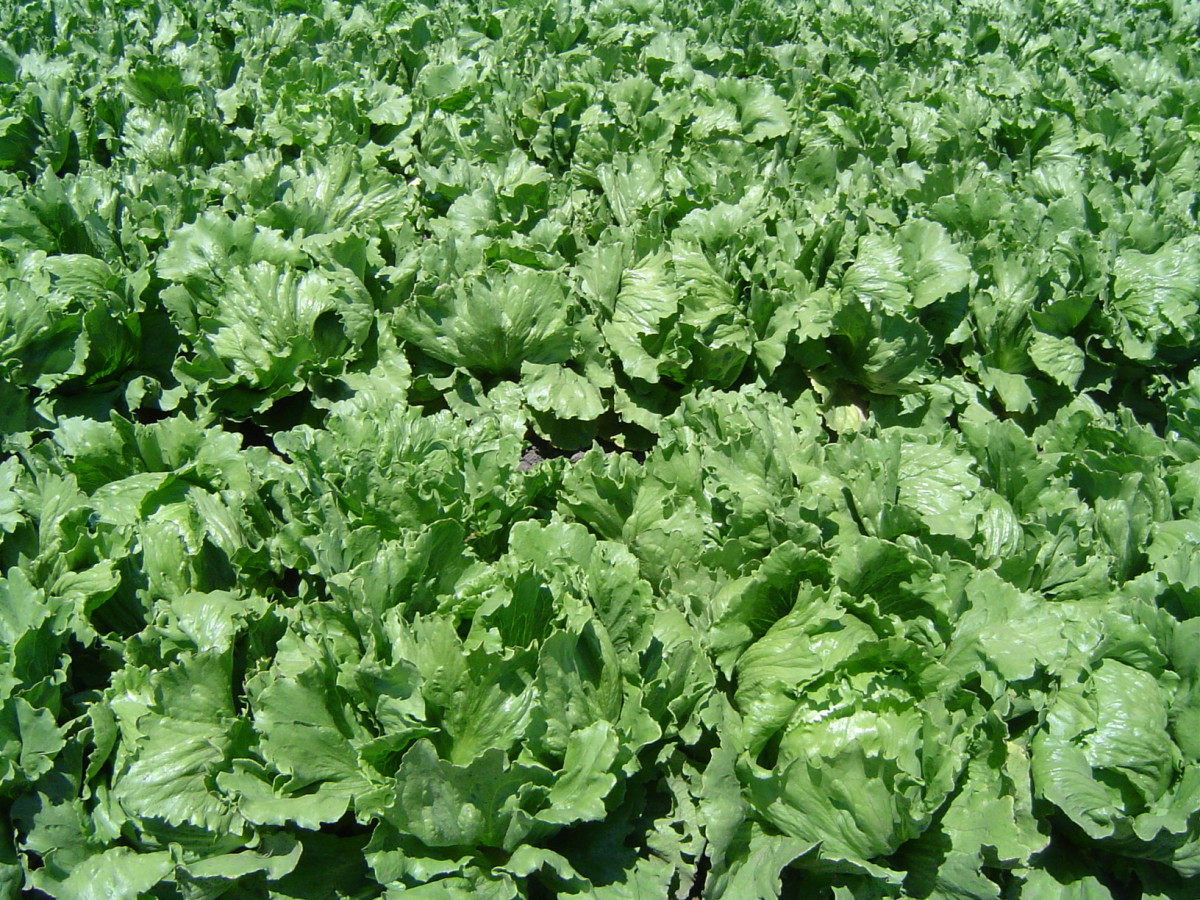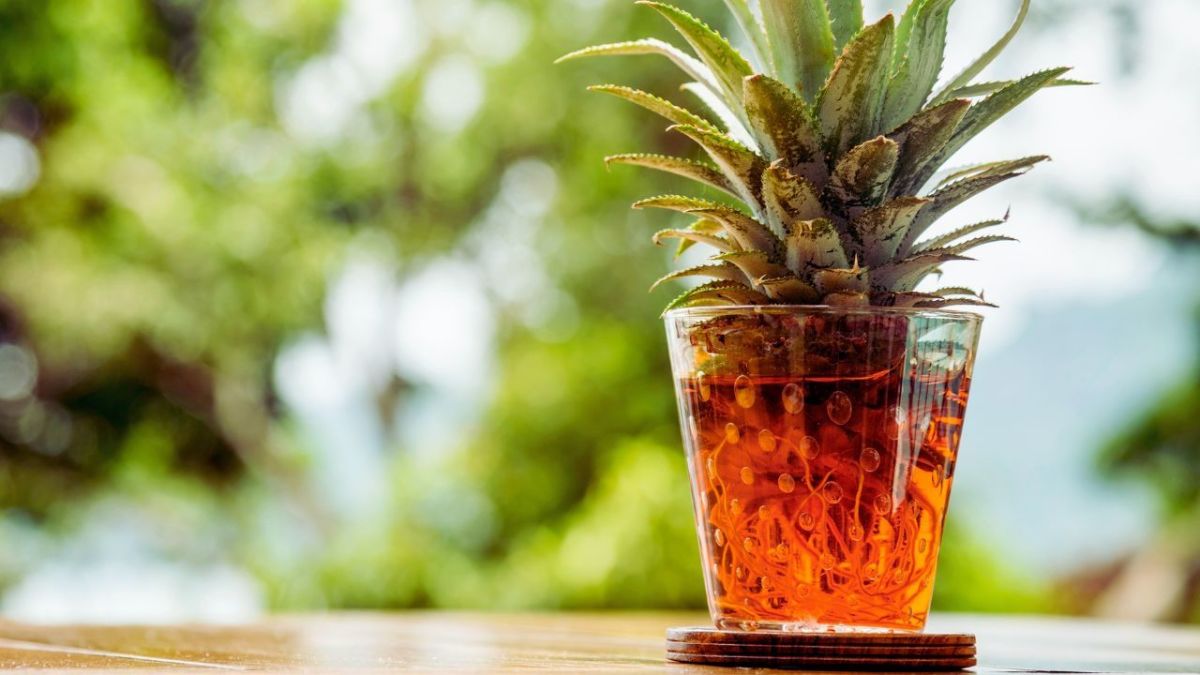The Return of the Victory Garden: Is Starting a Vegetable Garden Your Patriotic Duty?
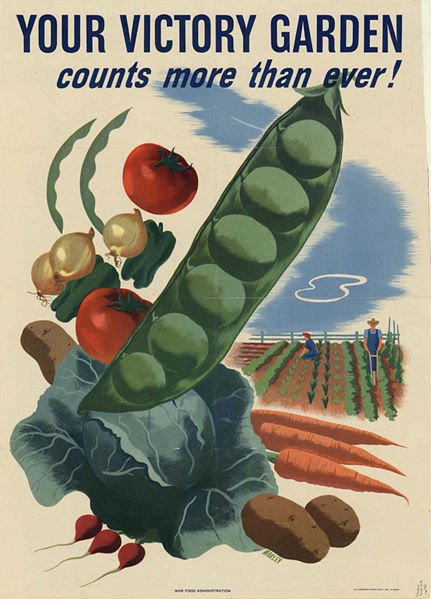
During World War II, more than 20 million American families started "Victory Gardens" to help the war effort. At the height of the war, these Victory Gardens produced more than 40% of the produce eaten in American homes.
Today the Victory Gardens of World War II are a distant memory, yet the challenges facing the American people are hardly less serious.
Two wars, an economy in tatters, epidemics of everything from diabetes and heart disease to antibiotic resistant staph infections and swine flu, a struggling middle class and a growing population of the working poor...
Has the time come to revive the Victory Garden?
I think it has.
Vegetable Gardening Strengthens the Economy
It does this is two ways.
First, vegetable gardening saves money on food bills, allowing you to save it or spend it on other necessities.
Second, gardening offers many small business opportunities that can allow you to earn extra money from your own backyard, strengthening your own financial situation and the local and national economies.
The most basic gardening business is simply selling fresh produce and herbs from a stand on your driveway or a nearby intersection. Other backyard money-making ideas include value added products such as food or crafts, nursery plants or seeds, and backyard "livestock" such as earthworms or rabbits.
There is also a third, rather indirect way that vegetable gardening strengthens the economy:
Learn More
- How To Save Your Life With Edible Landscaping
Vegetable gardening can save your life.
Vegetable Gardening Makes Us Healthier
The leading cause of bankruptcy in the United States today is medical bills, and an overwhelming majority of medical bills in today's society are the result of the unhealthy American lifestyle. The average American walks a total of 1.4 miles per week, barely 350 yards per day. Most Americans get one half or less of the daily recommended servings of fruits and vegetables, and of the servings we do eat fully one third come from three sources alone: french fries, potato chips, and iceberg lettuce.
The obesity epidemic and its related health problems are also directly responsible for an estimated 27 percent of the rise in health care costs between 1987 and 2001, and they cost employers $13 billion per year in lost productivity and other expenses.
Vegetable gardening gets us out in the sunshine and fresh air, adds some healthy physical activity to our lives, and dramatically improves our diet. Schools that have started "edible schoolyard" programs in which children tend a school vegetable garden as part of the curriculum have found that even the pickiest eaters are much more likely to eat their veggies if they have helped grow them. The same is true of adults, and what's more, most people who taste a homegrown tomato or strawberry never willingly return to the pale imitation that is the storebought variety.
Grocery store produce tastes so bad in part because it must be tough enough to survive long distance transport, and that brings us to our final point:
Learn More
- The Sun Food Revolution
Why and how to switch from oil-based food systems to sun-based food systems - Seven Ways to Change the World by Eating
Eat a diet that is healthier for both you and the planet. - The Oil We Eat
Following the food chain back to Iraq - FoodRoutes
Where Does Your Food Come From? At FoodRoutes learn all about buying local, sustainable agriculture, grassfed and organic products, and food safety.
Vegetable Gardening Reduces Our Dependence on Foreign Oil
In 1943, every calorie of fossil fuel energy used to grow food produced 2.3 calories of food. Today, a single calorie of food purchased from a grocery store or restaurant requires an average of 10 calories of fossil fuel energy to produce.
Our modern food production system is completely dependent on a steady supply of cheap oil to continue functioning, and we have gone to war multiple times over the last few decades to ensure a steady supply of cheap oil to our farm fields.
A significant percentage of the oil expended in modern food production goes towards the transportation of food from field to table. Food today travels an average of 1300 miles from field to table.
Growing food in your own backyard cuts the amount of oil required in its production dramatically. Instead of 1300 miles, imagine a food system in which food travels a mere 13 feet! Not only would this food help reduce our dependence on foreign oil, it would also be fresher, tastier, and healthier.
Vegetable Gardening for Beginners
Join the Movement
- Freedom Gardens
Bringing the Victory Garden movement to the 21st century


